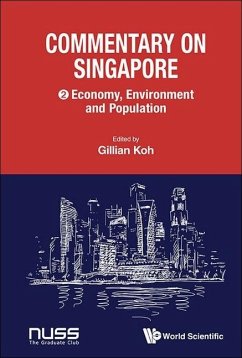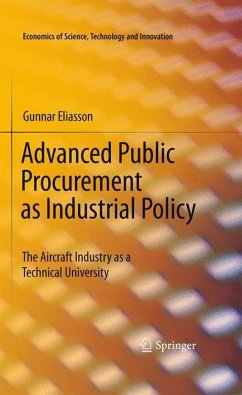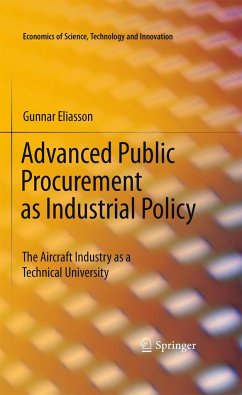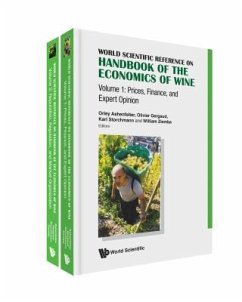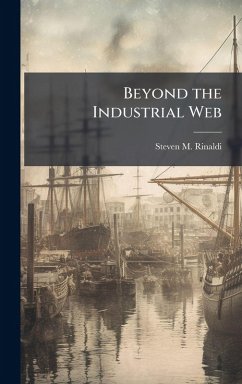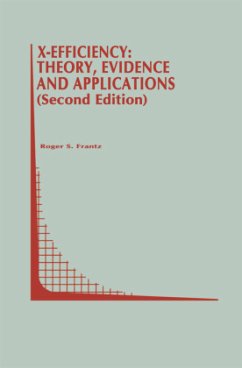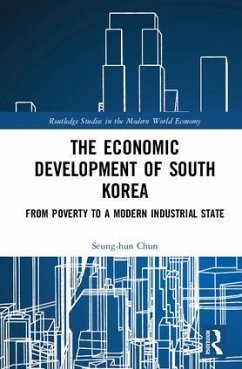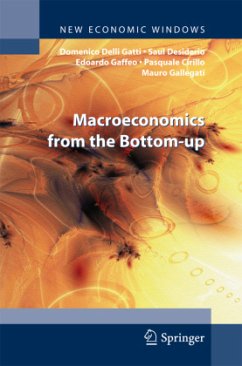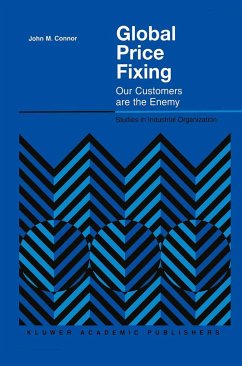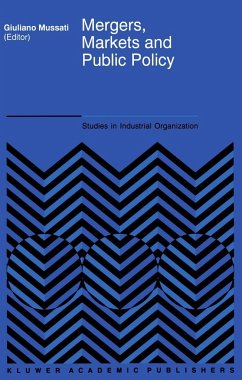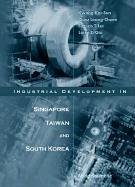
Industrial Development in Singapore, Taiwan, and South Korea
Versandkostenfrei!
Versandfertig in über 4 Wochen
94,99 €
inkl. MwSt.

PAYBACK Punkte
47 °P sammeln!
Economic analysis of the industrial experiences of the newly industrialized economies in Asia is generally lacking in the literature. This study attempts to fill that void by providing an in-depth discussion on the economic impact of the industrial policies of Singapore, Taiwan, and South Korea in the three-and-a-half decades after 1960.Throughout the study, a broad perspective of macroeconomic development is maintained. It is highly critical of the narrow-minded objective of certain governments in maximizing the pace of industrialization at the expense of general economic well-being.A compara...
Economic analysis of the industrial experiences of the newly industrialized economies in Asia is generally lacking in the literature. This study attempts to fill that void by providing an in-depth discussion on the economic impact of the industrial policies of Singapore, Taiwan, and South Korea in the three-and-a-half decades after 1960.Throughout the study, a broad perspective of macroeconomic development is maintained. It is highly critical of the narrow-minded objective of certain governments in maximizing the pace of industrialization at the expense of general economic well-being.A comparative analysis of the industrial experiences of the three economies also shows a diversity of constraints and processes. Singapore relied on multinational corporations, Taiwan on returned engineers, and South Korea on chaebols. There appears to be no Asian formula for industrialization.In Hong Kong, there is an ongoing debate on whether some form of industrial policy should be introduced, in view of the perception that Hong Kong is lagging behind the other economies in terms of technology. Drawing on the experiences of the other economies, the concluding chapter of the book provides an informed and balanced answer to this question.



